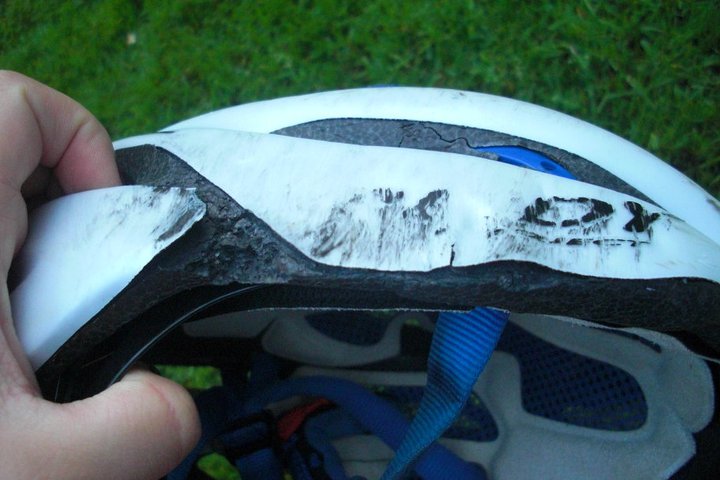A concussion is a brain injury. A concussion isn’t “getting your bell rung.” It’s a brain injury. We, as people, are our minds.
It’s good to see concussions beginning to get the attention they deserve, because nothing is more important to whom we are as people than our brains. Most every other body part can be fixed, but not our brains. Early diagnosis is crucial to rehabilitation.
In my personal injury practice, I see people with head injuries of varying degrees. Often, they don’t realize they have a head injury. When I hear them complain of feeling “spacey”, having dizziness or a “tumbling sensation,” or problems multi-tasking, I urge them to discuss this with their doctors. Sometimes patients are monitored, other times diagnostics such as MRIs are done. A great tool for persistent symptoms is neuropsychological testing.
A recent PBS Frontline special “League of Denial” showed the long-term effects of repeated concussions on NFL players: here. It also showed that even high school and college players can have long term brain damage from repeated head trauma.
Locally, this month’s Walla Walla Union Bulletin’s Lifestyles Magazine had several articles about concussions. A very personal story was about YMCA employee, Alyssa Latham. Alyssa has had 5 concussions, mostly from sports.
Finally, for bicyclists or skiers, a helmet can prevent or minimize head injuries. This is the helmet of a friend who crashed on her bike. This helmet saved her life.



